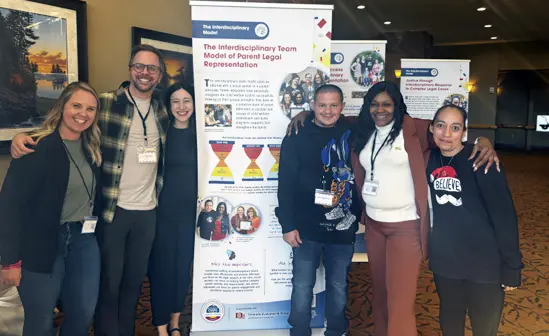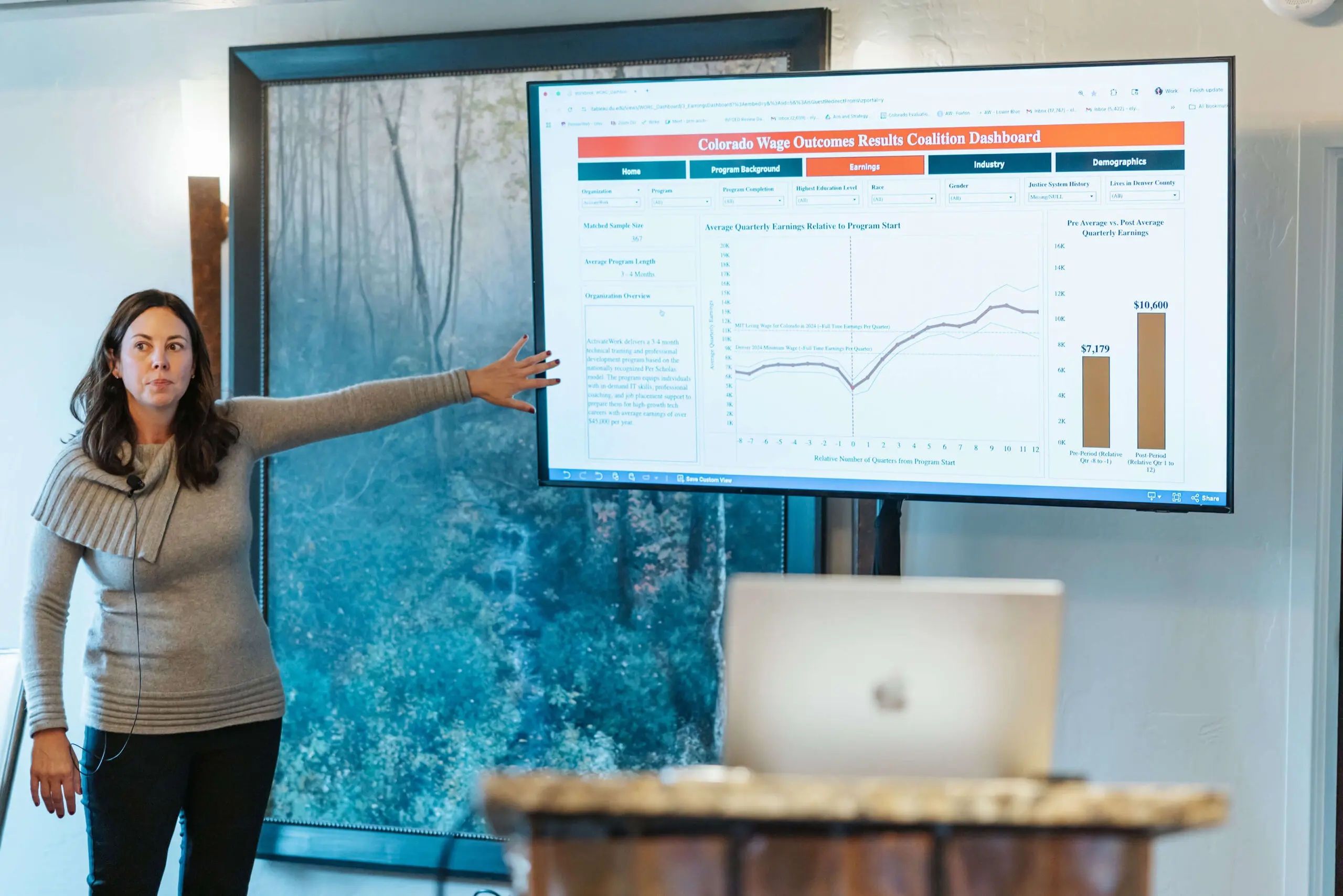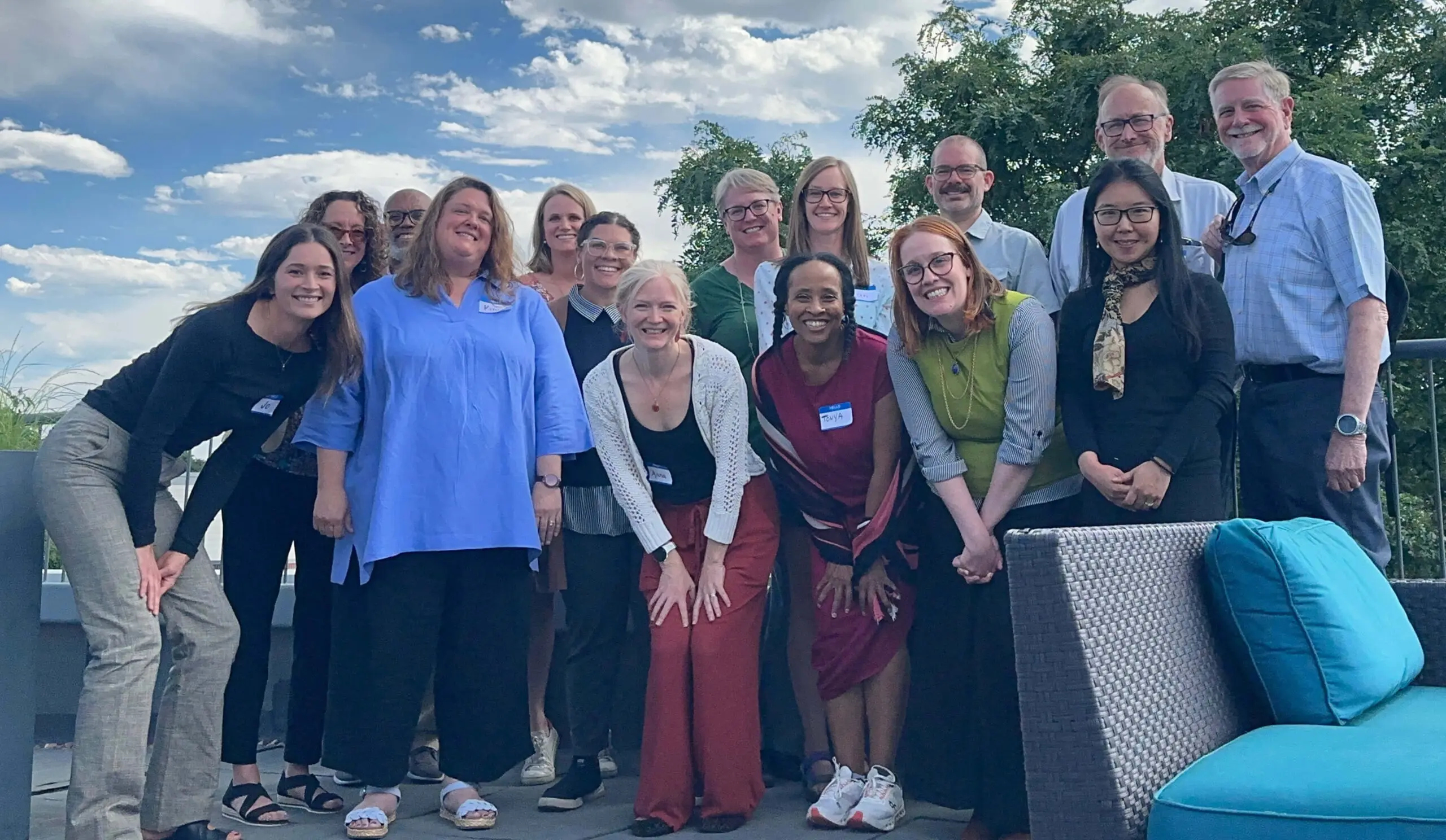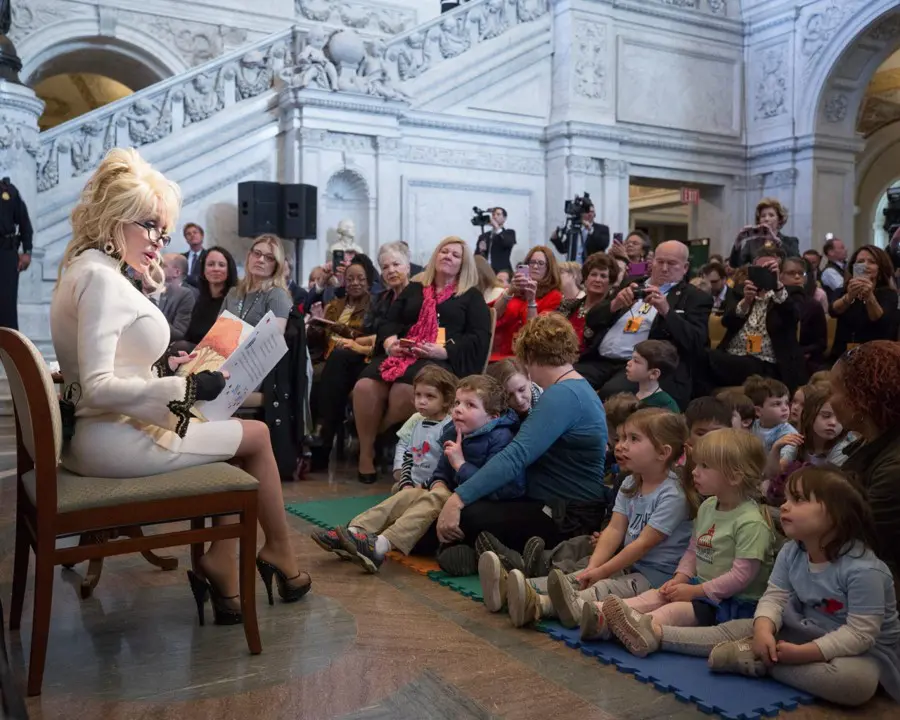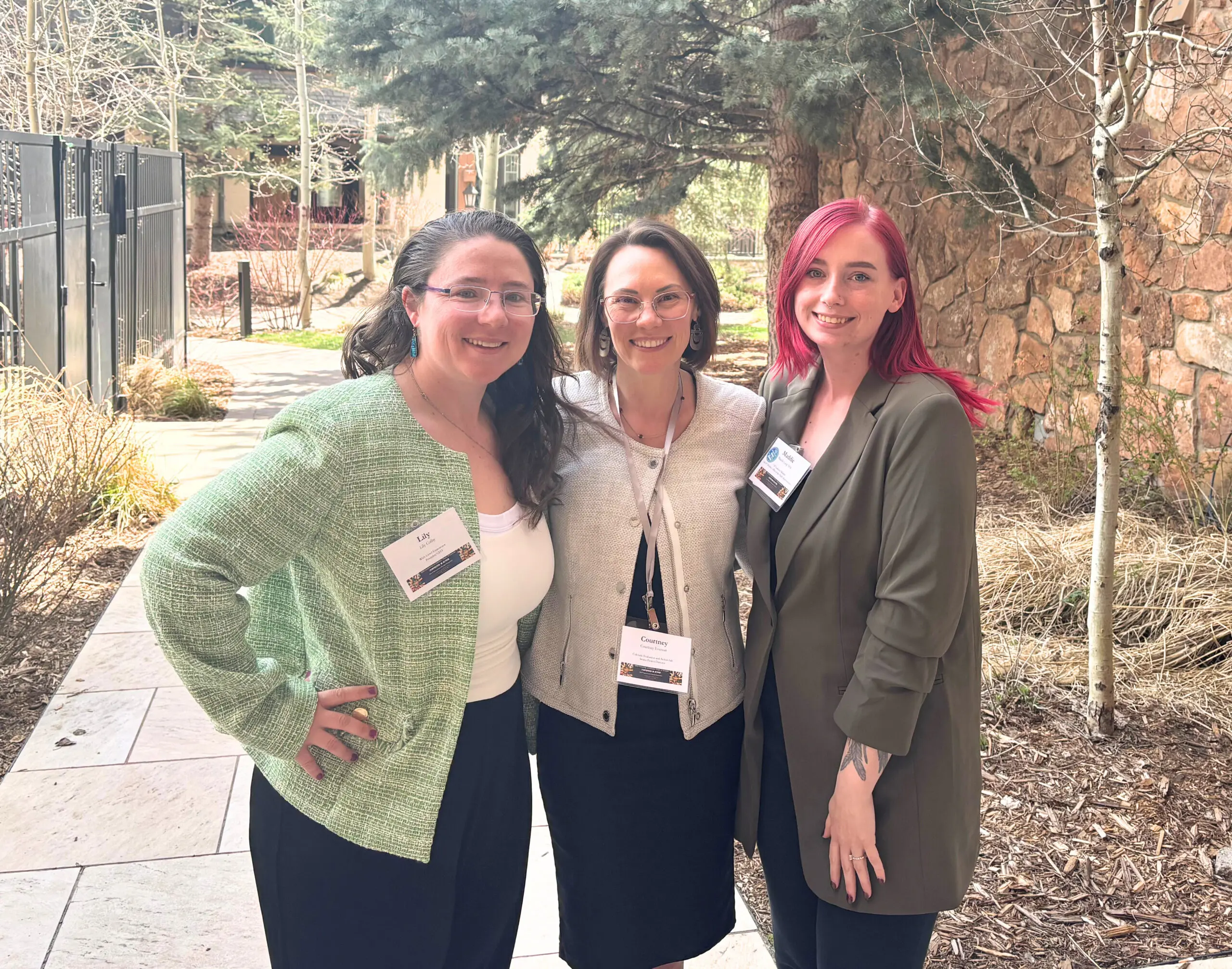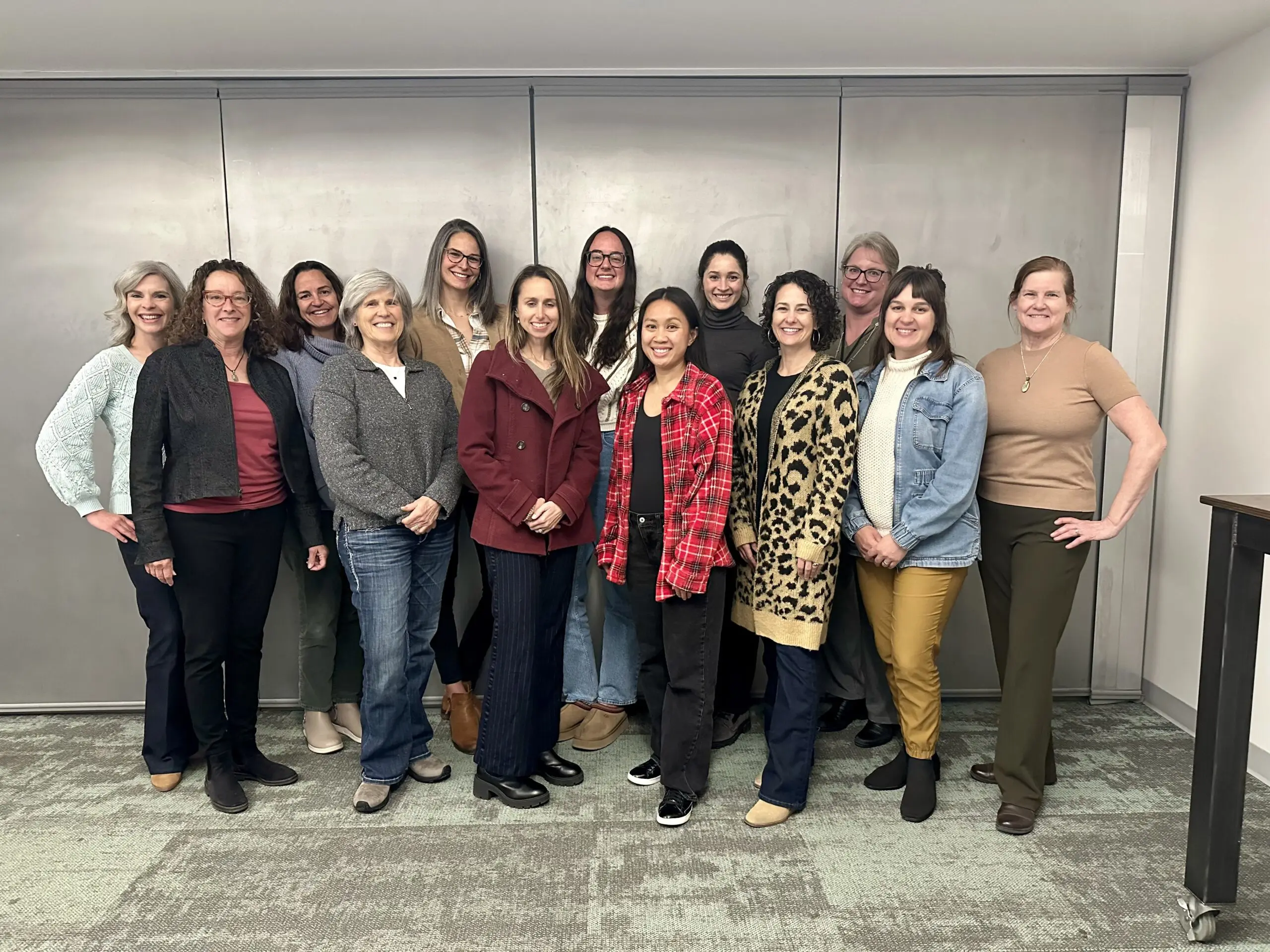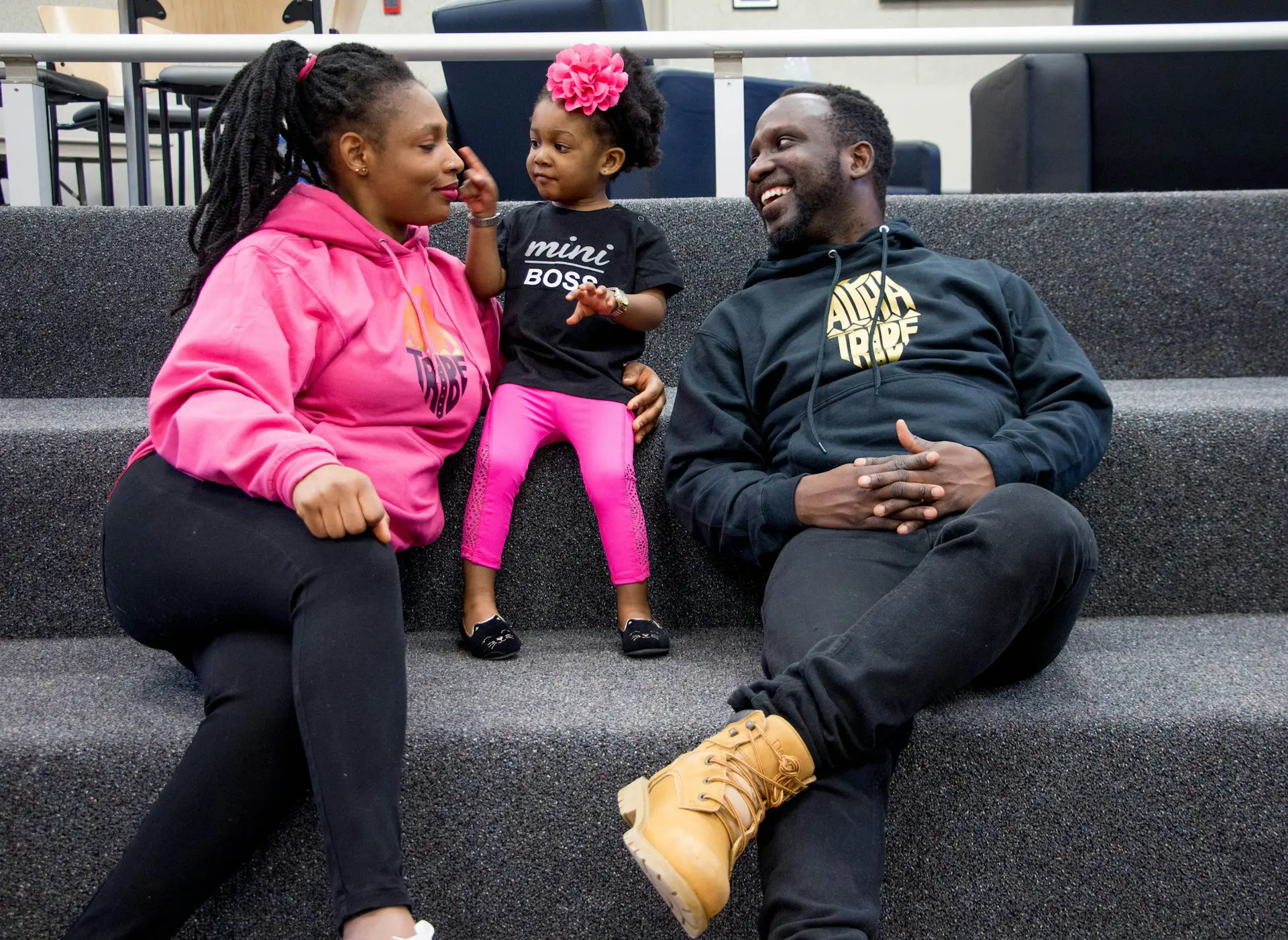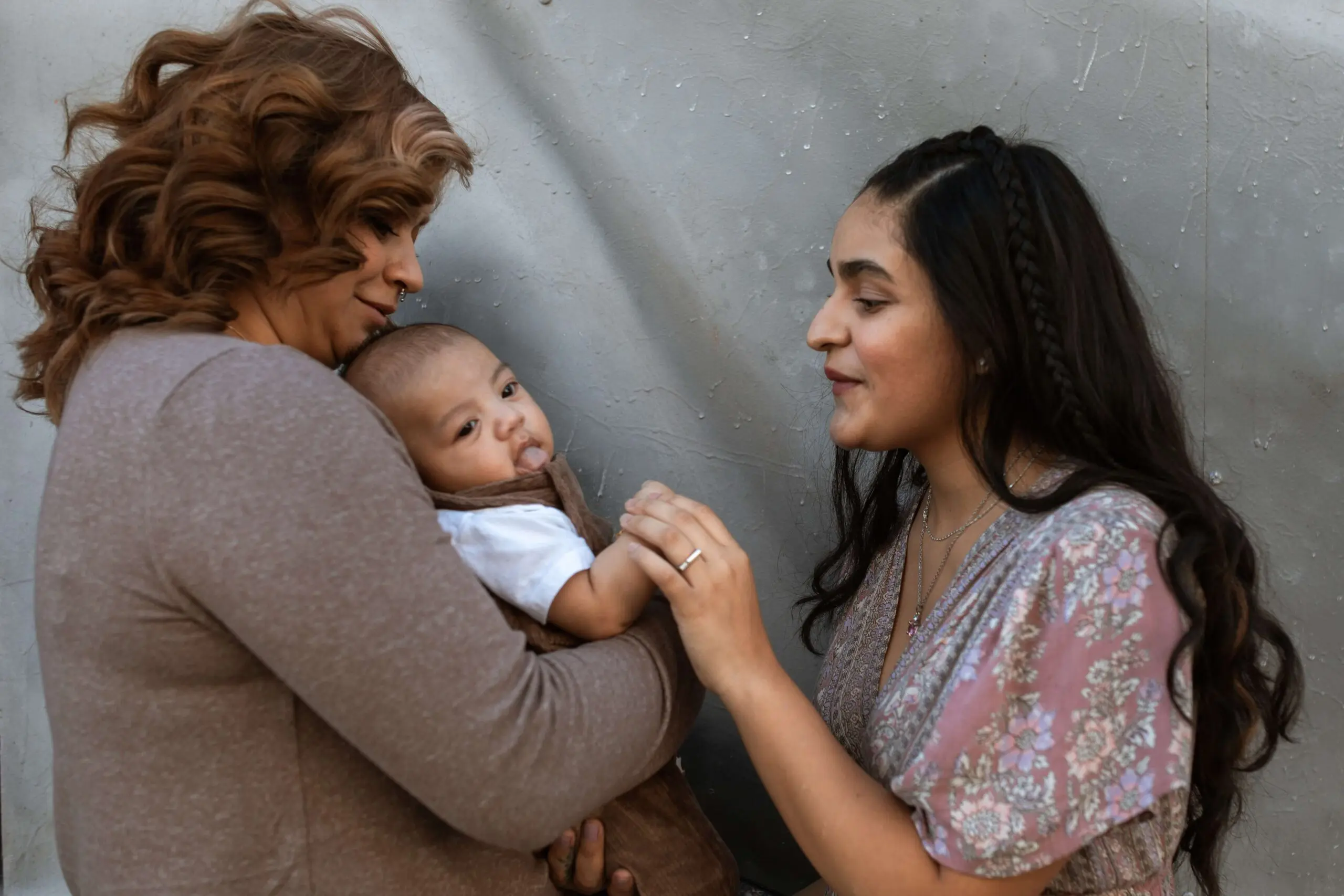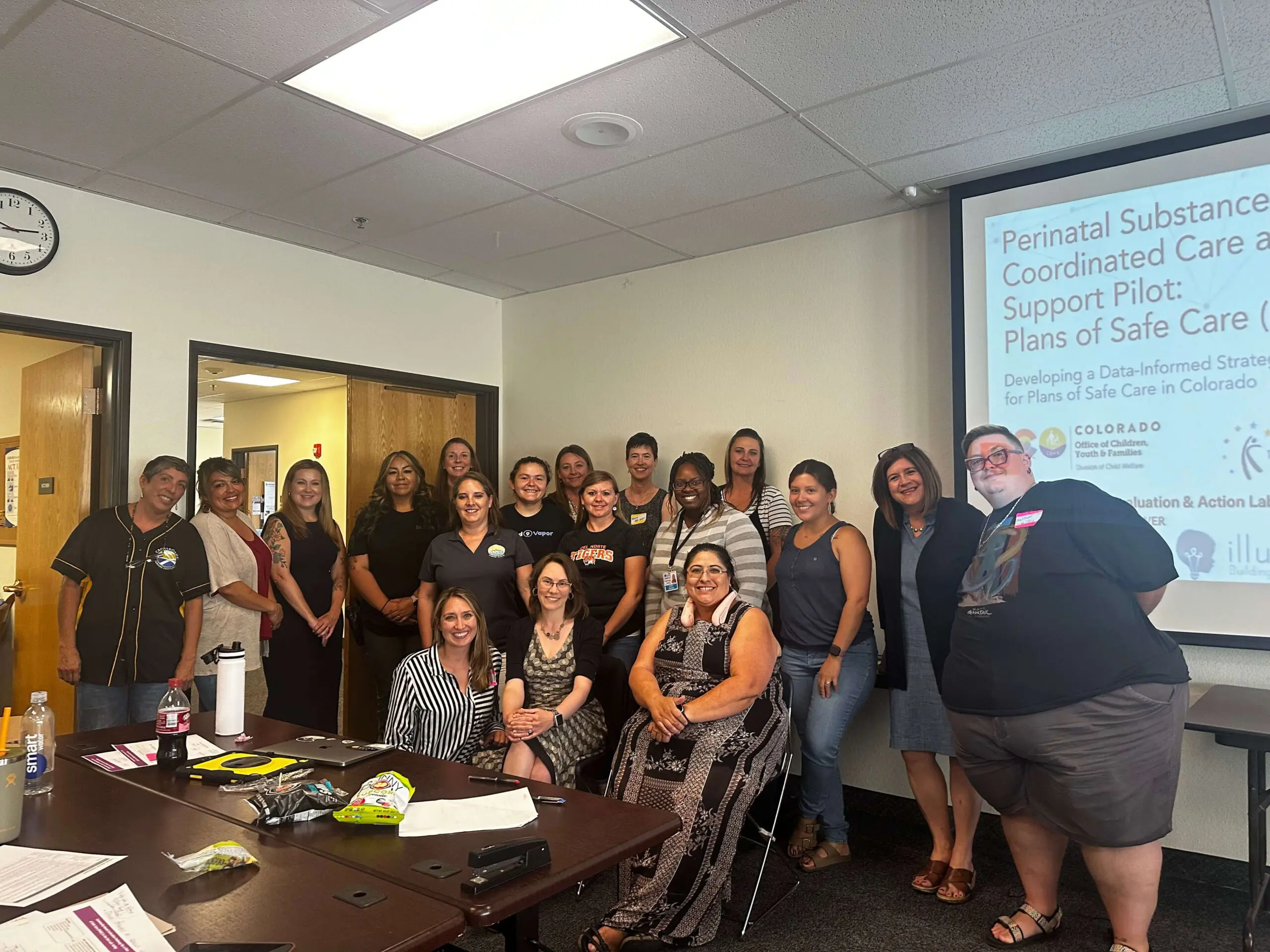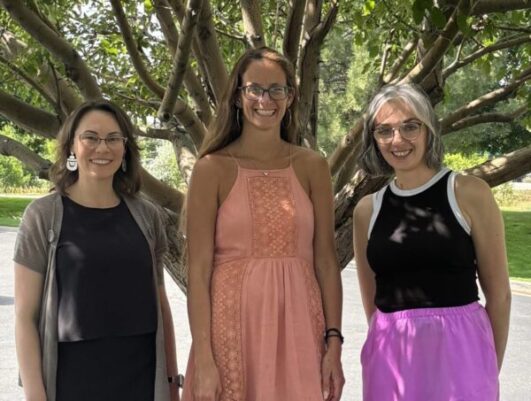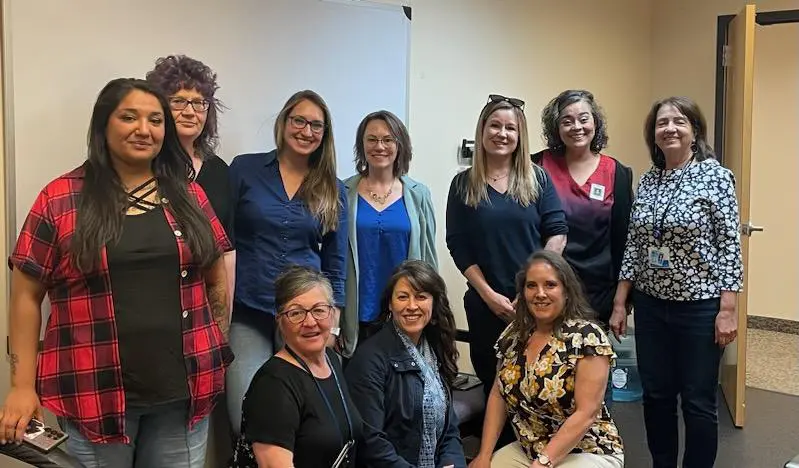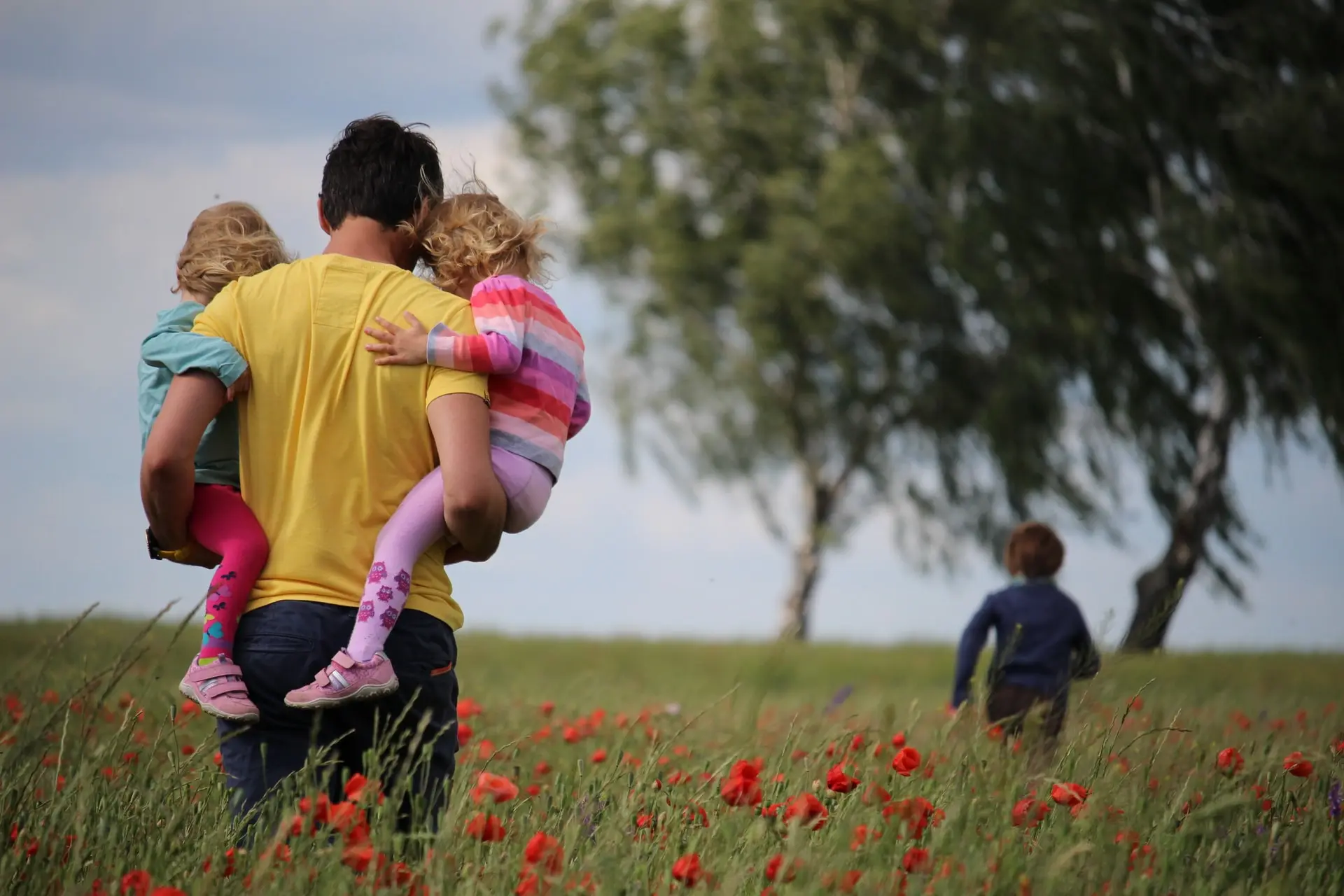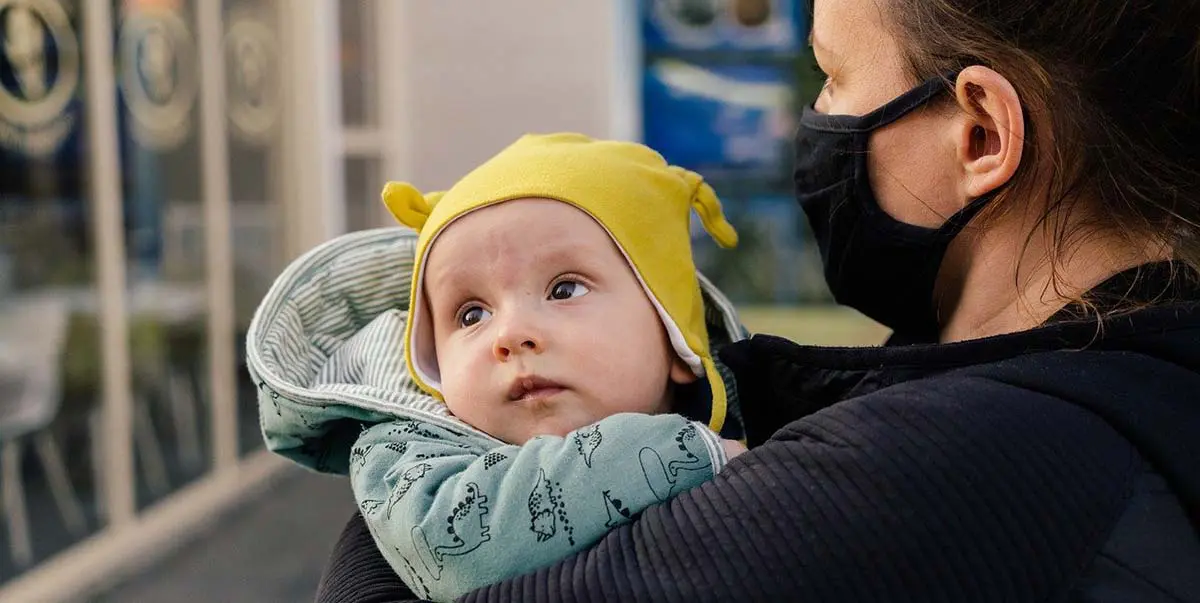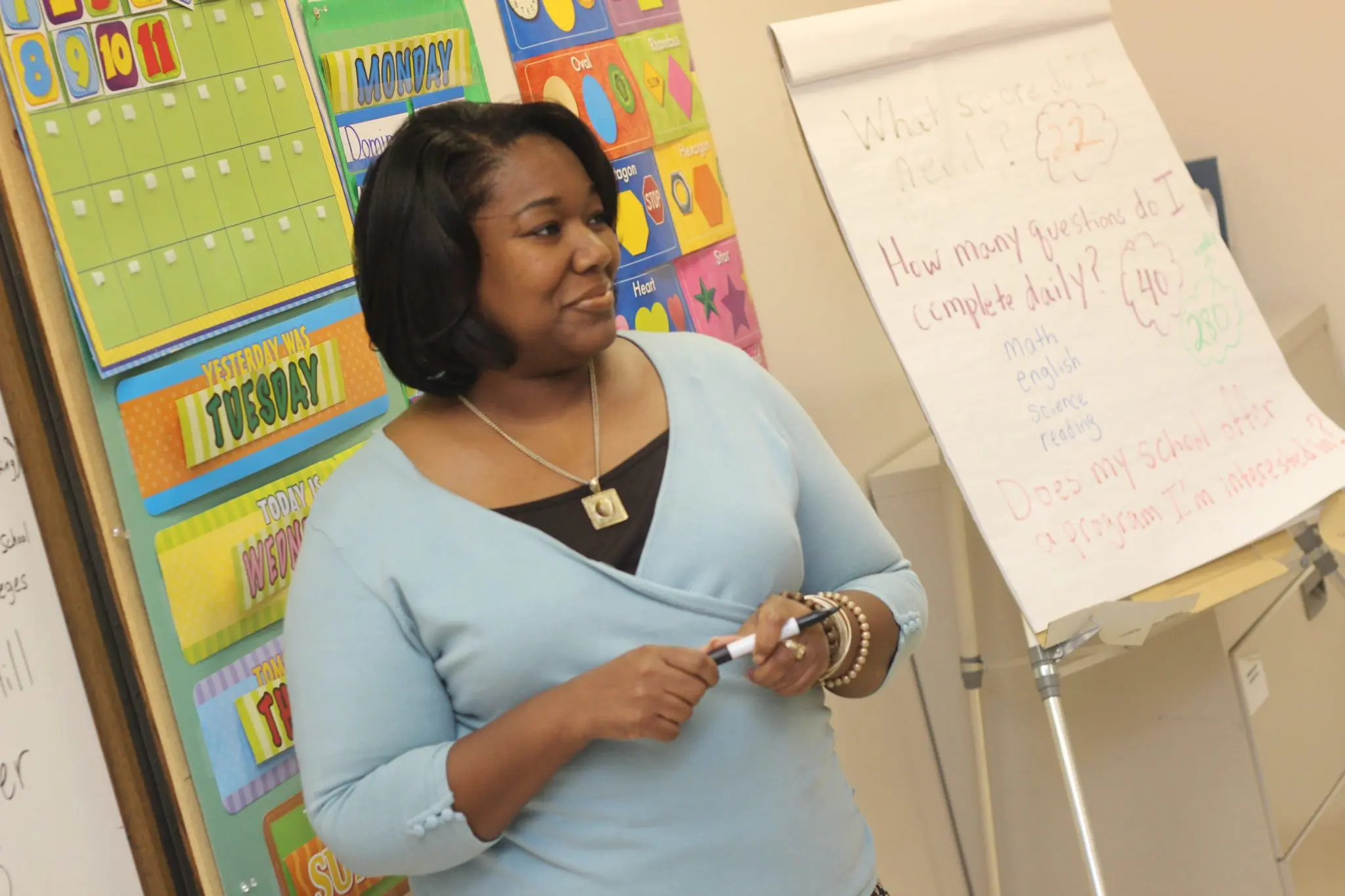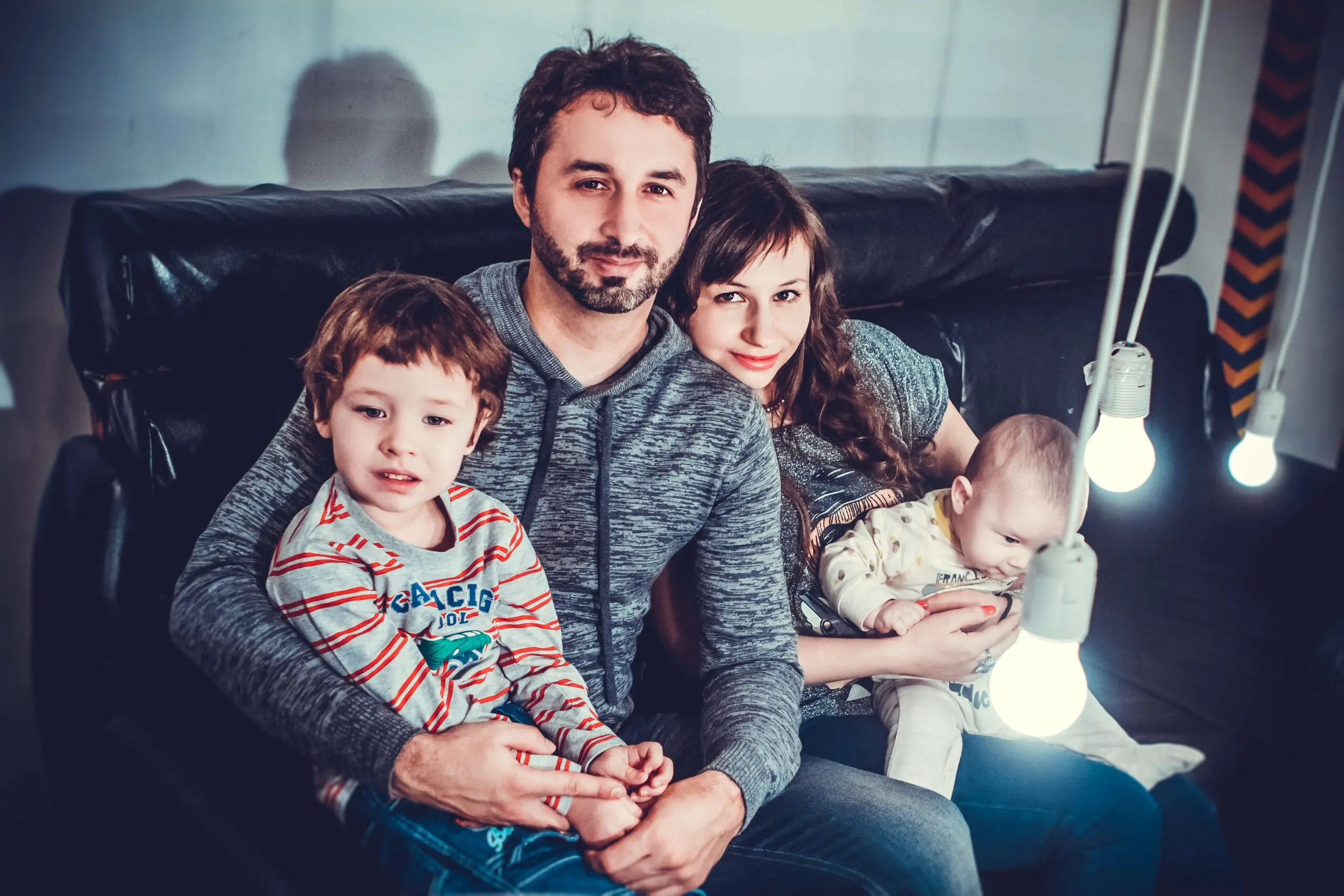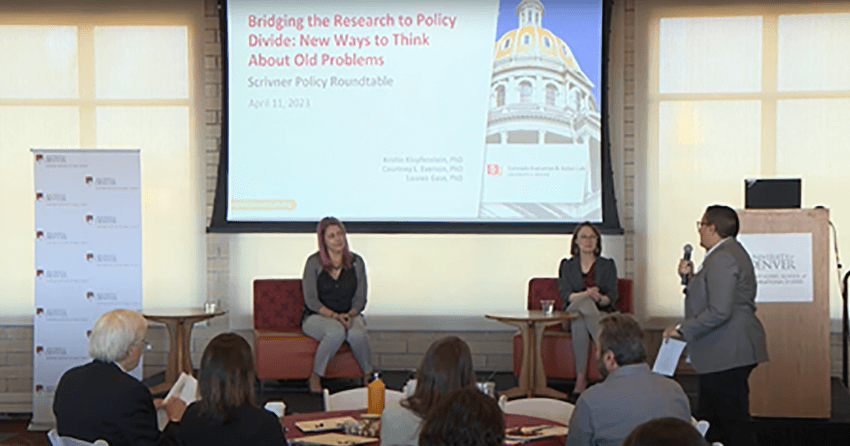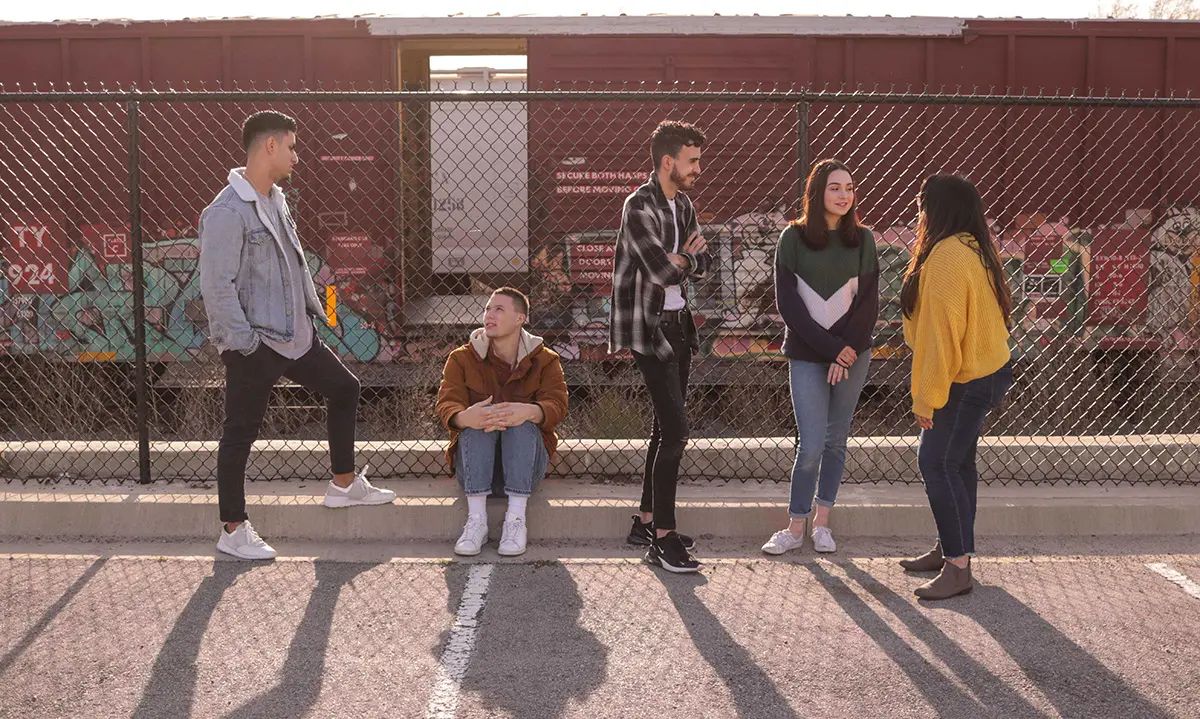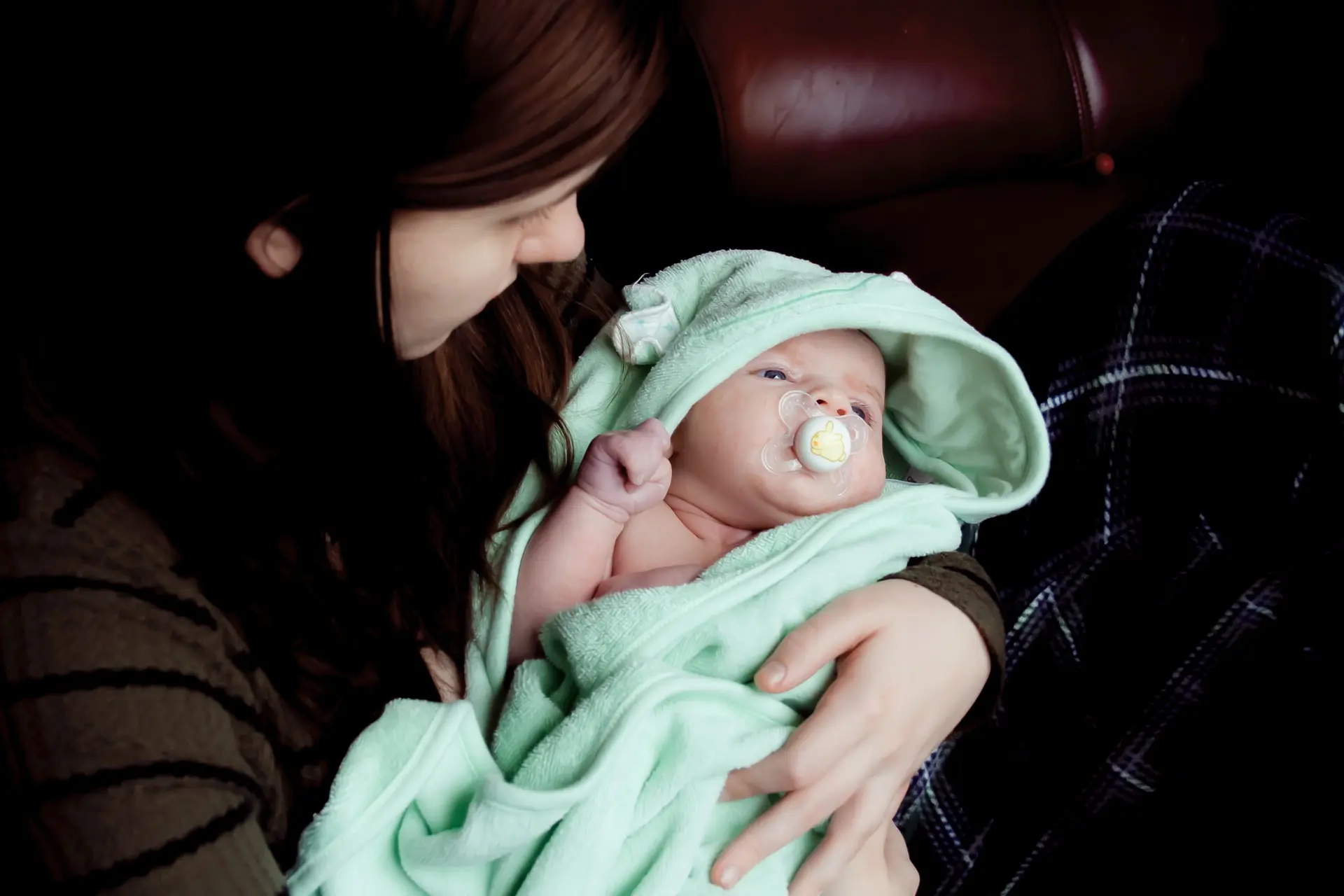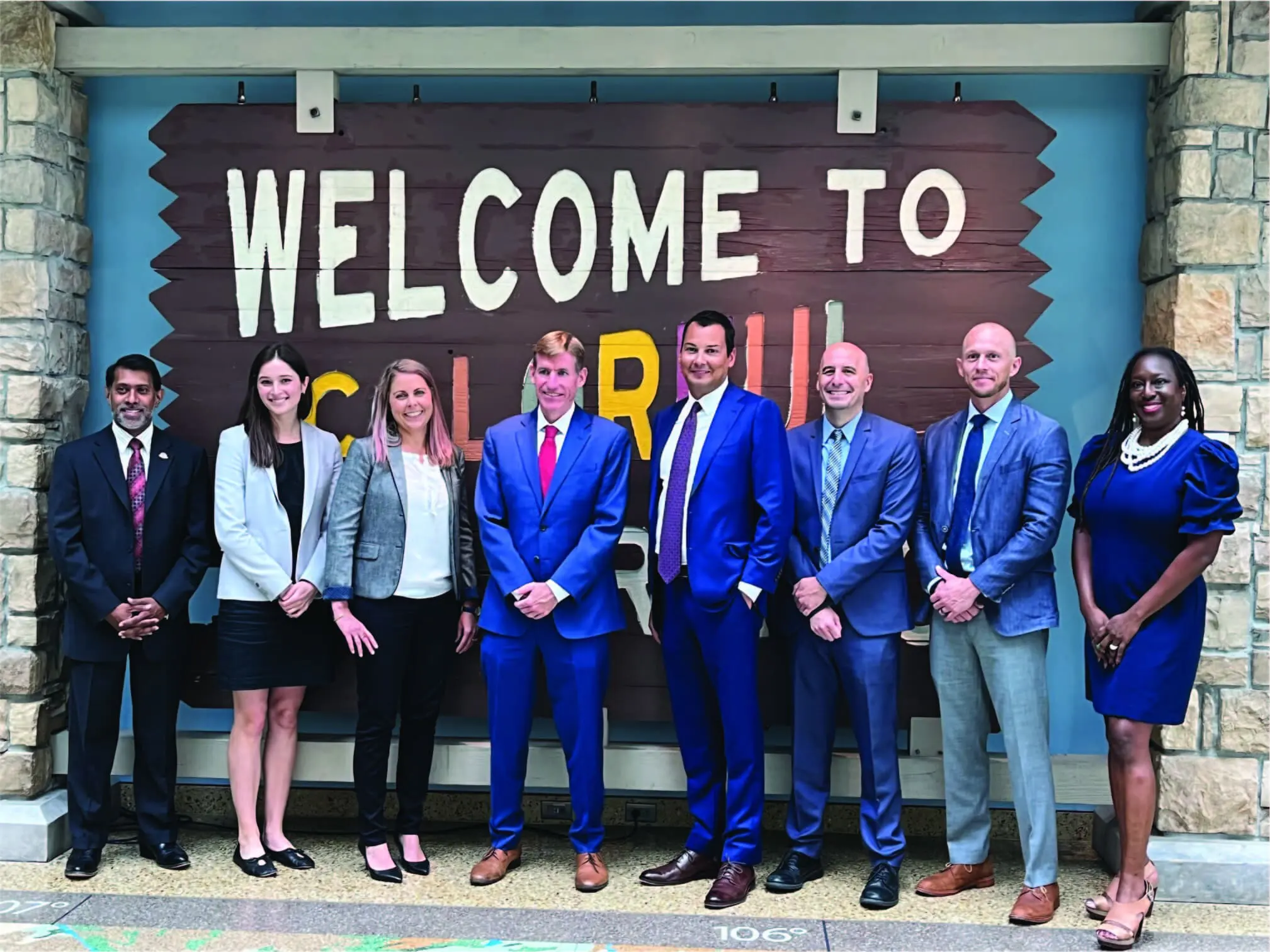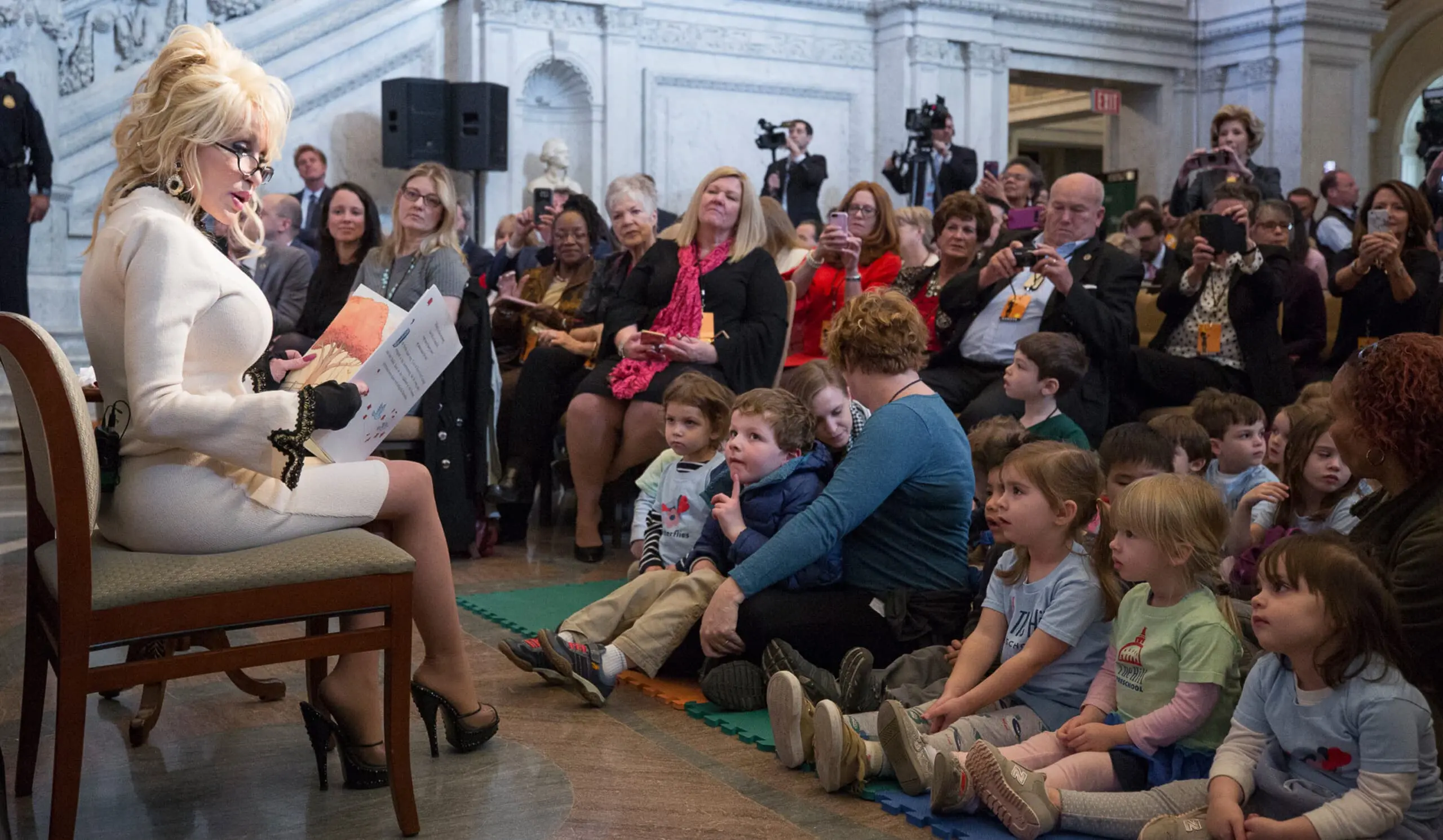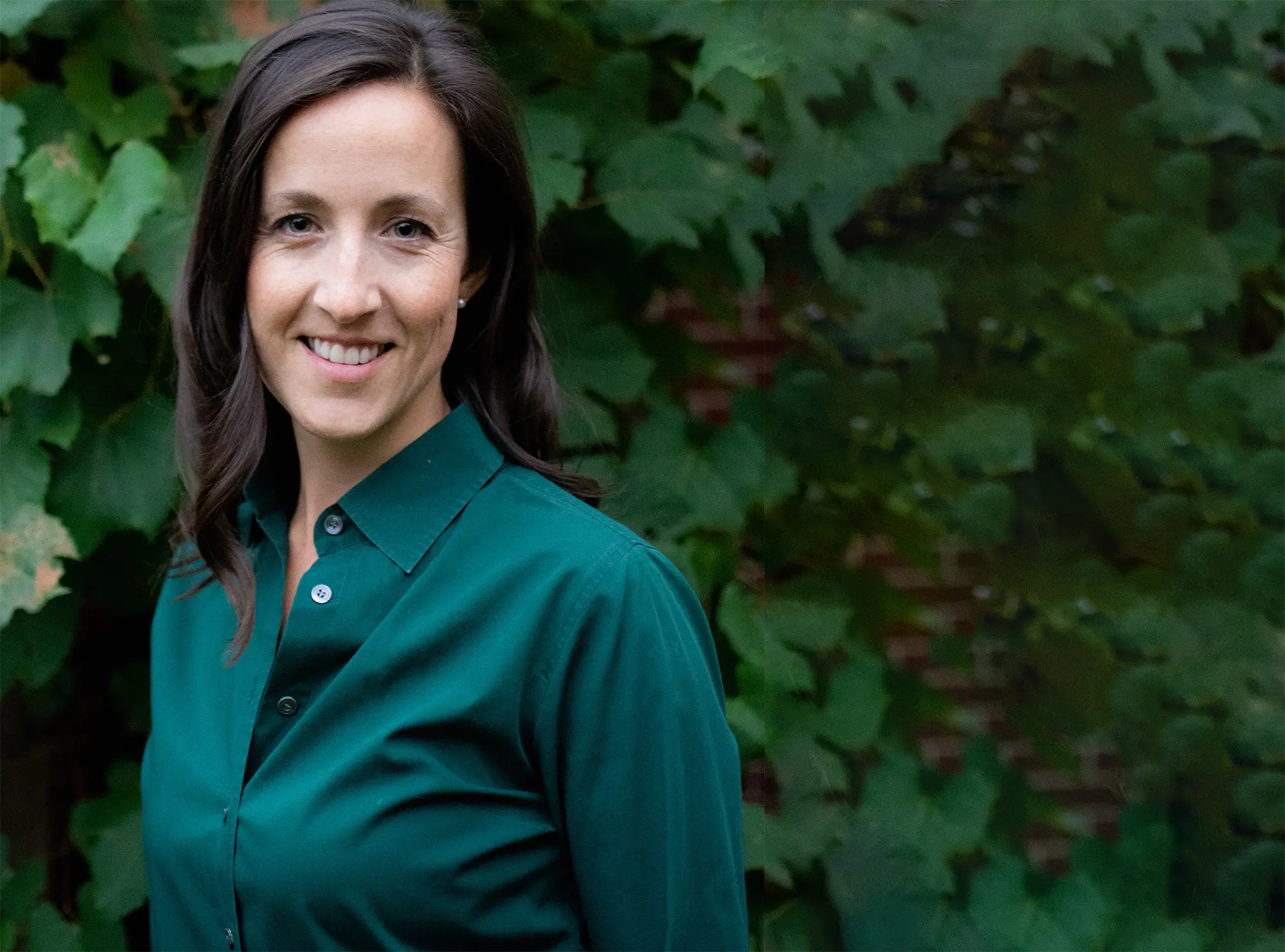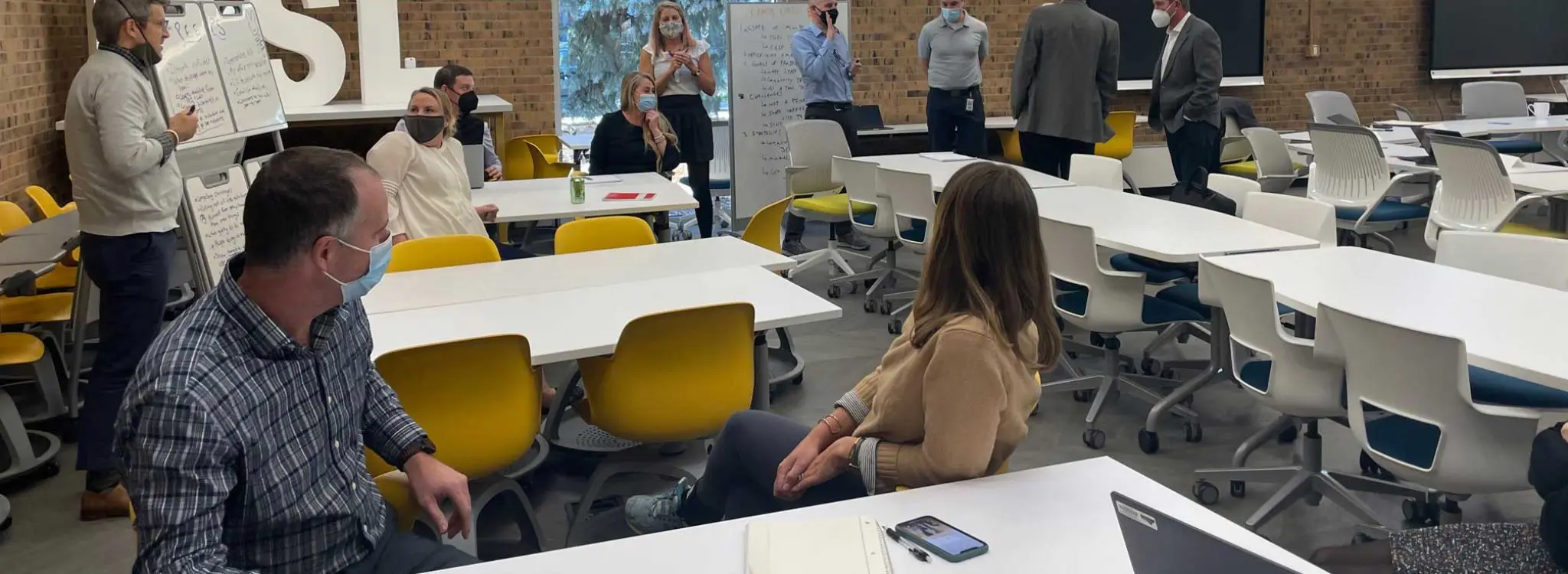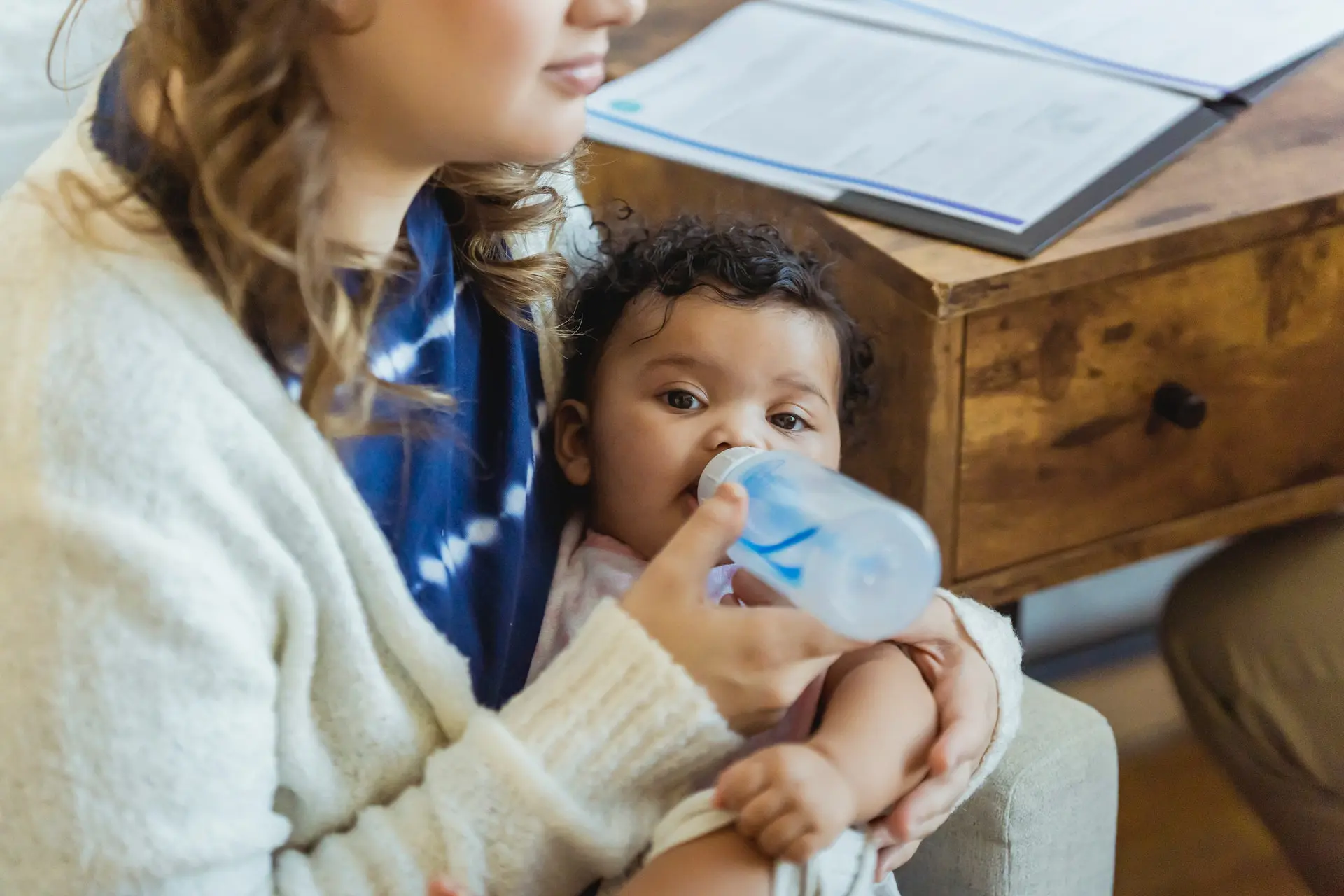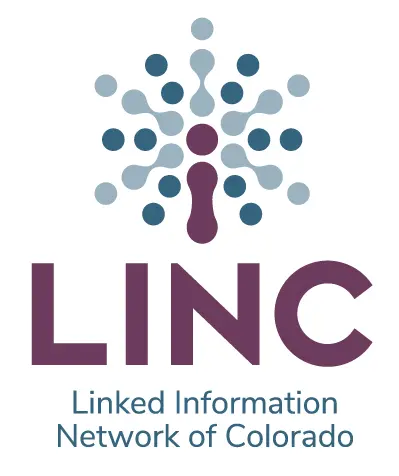Improving Outcomes for Child Welfare-Separated Families through Family Time

A new report from the Colorado Lab provides evidence-backed recommendations to improve outcomes for families separated during child welfare involvement. Best Practices for Family Time in Colorado: A Data-Informed Approach to Drive Outcomes is based on a statewide study authorized by Colorado House Bill (HB) 23-1027 and conducted by the Colorado Lab in partnership with the High Quality Parenting Time Task Force (Task Force).
The Task Force was created by legislation (HB21-1101) following advocacy by parents who had been separated from their children through the child welfare system for six months during the COVID-19 pandemic. The Colorado Office of Respondent Parents’ Counsel (ORPC) chairs the Task Force and members include parents, kinship providers, foster parents, legal advocates, county and state human services department staff, and judicial staff. Recognizing that regular time between children/youth and parents was crucial to reunification, the multidisciplinary Task Force made recommendations to move away from professional “visitation” in restrictive settings to the default now being community-based “family time” in the least restrictive environment. This first-in-the-nation legislative approach prioritizes family time taking place in a comfortable setting with more natural supervision by kin (e.g., a neighbor, relative, or family friend).
“The recommendations in this leading-edge study are highly anticipated. All of us on the Task Force strongly believe this resource will help us to improve outcomes for children and youth in placement, their parents, and siblings by utilizing best practices backed by research.” – Melanie Jordan, ORPC Policy Director
The study included a statewide survey of Colorado human services departments, a review of national research evidence, an analysis of Colorado administrative child welfare data, and the inclusion of voices of providers and families with lived experience. It affirmed a community-based family time model facilitates positive outcomes, including increases in family reunification, parental engagement during the case, child and parent well-being, family functioning, and parenting skills and confidence. The recommendations address how to achieve these types of positive outcomes through the planning and implementation of family time.
“These best practice recommendations are an important milestone in Colorado, a state that highly values evidence-based decision making and has invested heavily in practices that strengthen families involved in the child welfare system. The next step will be supporting implementation over time, and collaboration will continue to be key. Just as diverse Task Force members collaborated to push for solutions in family time, the state and counties will need to work closely together to secure resources that ensure Colorado families benefit from these recommendations and build on previous investments in family strengthening.” – Dr. Courtney Everson, Senior Project Director for the Colorado Lab and study lead
To learn more, please read the executive summary and full strategy report, or contact Dr. Courtney Everson.
